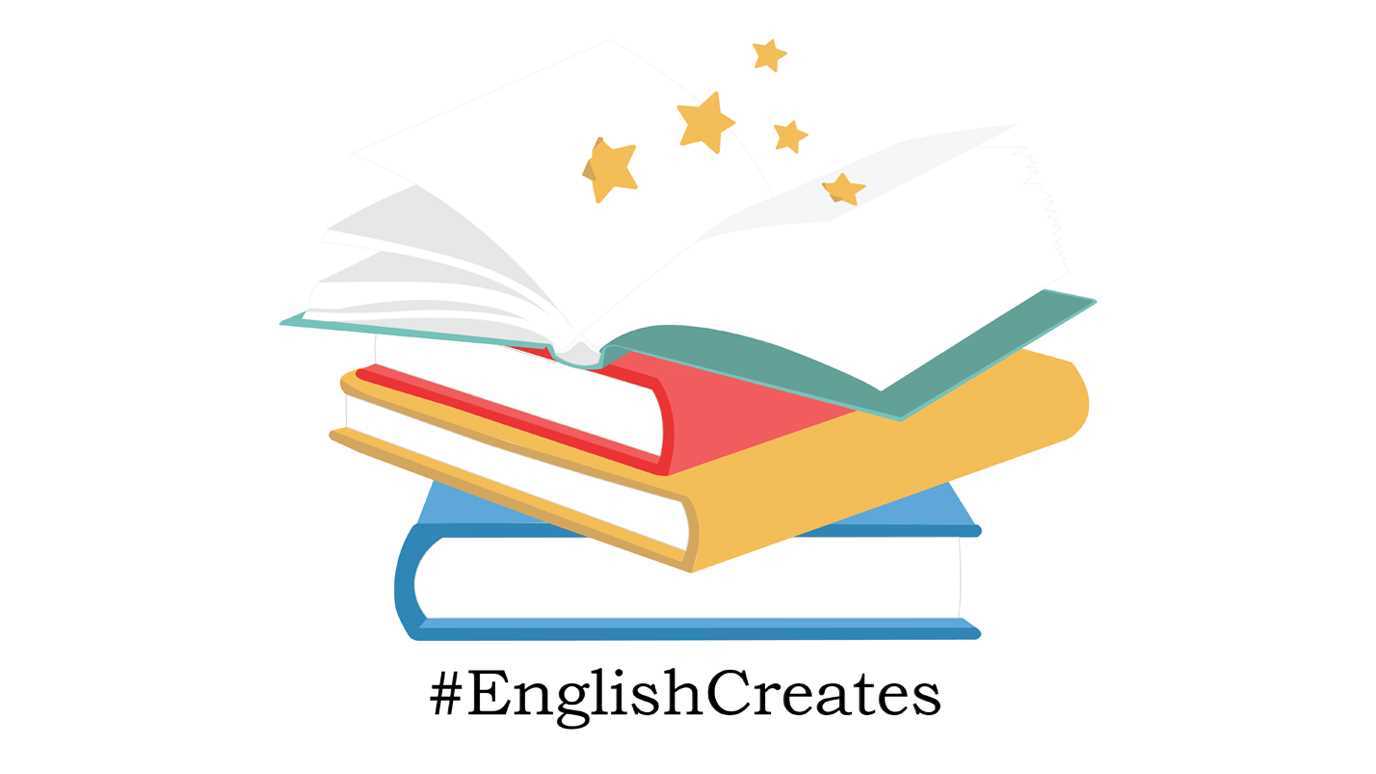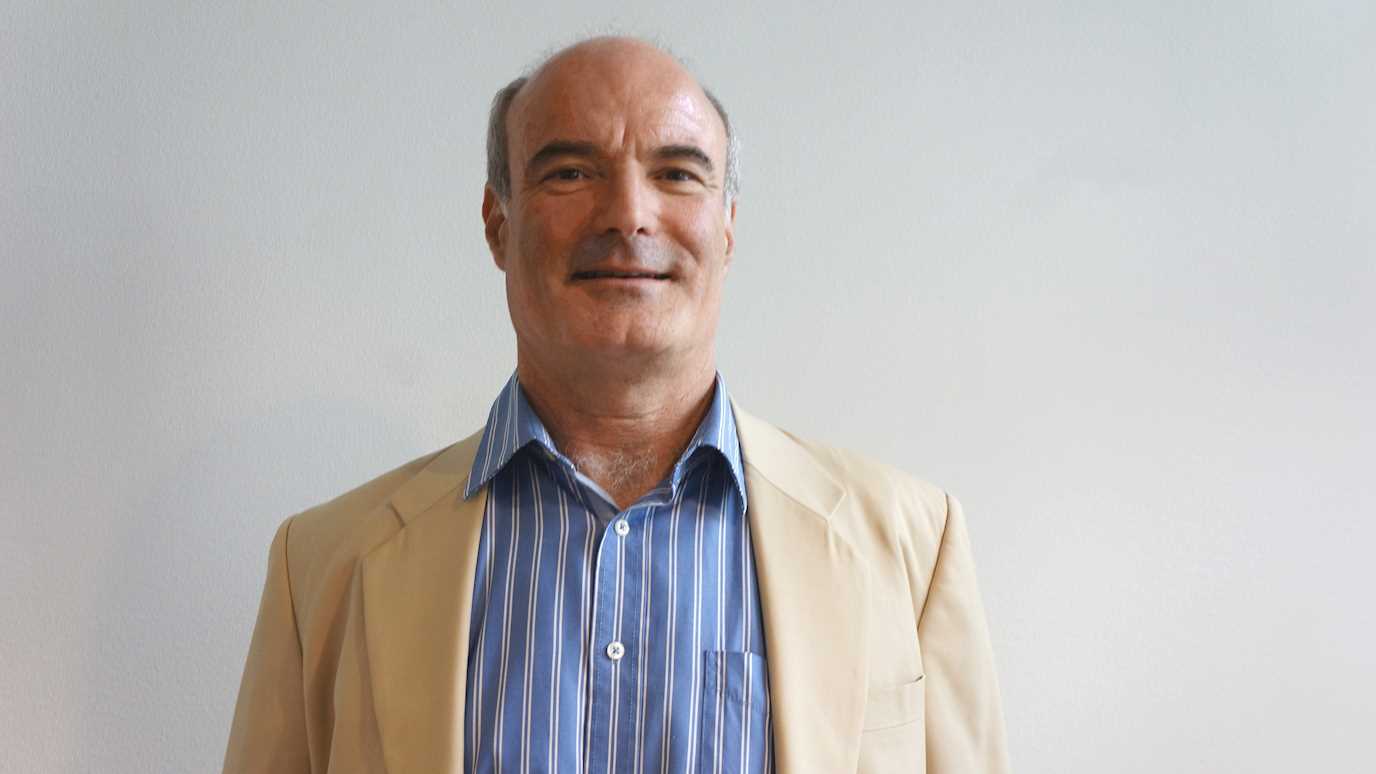Oxford Dictionaries has announced "youthquake" as 2017's word of the year.
Dr James Sloam and Rakib Ehsan from the Department of Politics and International Relations at Royal Holloway, University of London, recently used it to describe the 2017 election results in their report Youth Quake: Young people and the 2017 General Election which was published earlier this year.

Youthquake, defined as "a significant cultural, political, or social change arising from the actions or influence of young people", has seen a huge spike in usage worldwide this year, especially in the UK following June's General Election.
Casper Grathwohl, President of Dictionaries said it was "not an obvious choice", but he said the use of in everyday speech had increased five-fold during 2017, peaking in the UK in June after polls delivered a better-than-expected result for the Labour Party.
"In the UK, where it rose to prominence as a descriptor of the impact of the country's young people on its general election, calls it out as a word on the move," he said.
Not so new
The word was first coined in the 1960s by Vogue editor Diana Vreeland, who used it to describe sudden changes in fashion, music and attitudes.
Oxford Dictionaries said its use had seen a recent resurgence, to describe young people driving political change.
In well-known company
The word of the year is a word, or expression, that Oxford Dictionaries deems has "attracted a great deal of interest during the year to date" and is drawn from newspapers, books, blogs and transcripts of spoken English.
Last year's word, "post-truth", was chosen after the 2016 Brexit vote and Donald Trump's victory in the US presidential election.
Previous winners of the title have included selfie, vape and the "Face with Tears of Joy" emoji.
Youthquake and the 2017 General Election
Youth Quake: Young people and the 2017 General Election, written by Dr James Sloam and Rakib Ehsan on behalf of the Intergenerational Foundation, is an audit of the most recent election, focusing on the turnout of young people and the strategies employed by the major political parties to incentivize them to vote.
As well as examining at how young people were engaging with the election, the report also looked at the question of how many young people were engaging. Between 2002 and 2015, on average only 40% of people aged 18-24 voted in the general elections. Youth Quake found that in the latest election, held in May 2017, this increased dramatically to 63%.
Find out more about the Youth quake report, the Department of Politics and International Relations, and their research into international elections.
























